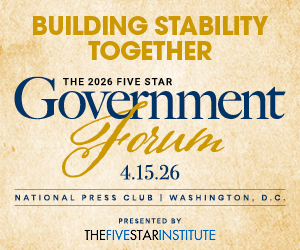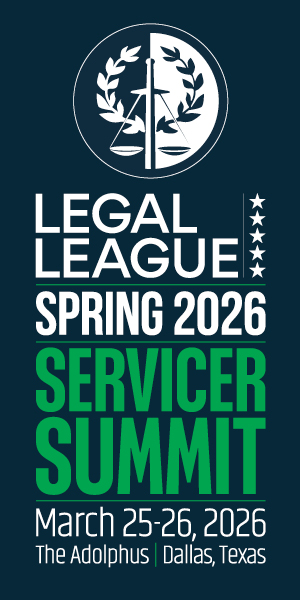A new report from Clever Real Estate reveals that 81% of Americans are concerned about tariffs and potential trade wars, while 70% fear a housing market crash. The survey of 1,000 Americans highlights growing financial anxieties, with 95% worried about rising prices in 2025.
Only 26% feel financially better off than six months ago, and just 34% expect improvement in the next six months. Inflation remains a top concern, with 74% believing it will worsen and 70% more worried than they were in September 2024. Economic policies are also under scrutiny, as just 39% support President Trump’s handling of inflation and 63% believe the government is taking the wrong approach.
Concerns about tariffs are widespread, with 72% saying they will hurt the U.S. economy. Many Americans are adjusting their spending habits in response—58% are cutting non-essential purchases, and 32% have stockpiled resources like canned food or medical supplies. More than half (54%) say they would rather buy now to avoid future price hikes, yet 32% have delayed major purchases, including 22% who planned to buy a home and 13% who intended to sell.
Beyond the housing market, 32% of Americans fear they won’t be able to afford housing payments due to economic conditions. Government spending is another contentious issue—while 78% favor spending cuts, only 46% approve of the administration’s current approach. Notably, fewer than half (44%) support Elon Musk’s Department of Government Efficiency (DOGE).
Cuts to government programs could have widespread consequences, as 75% say reductions in assistance programs would affect them or their families, and 11% fear becoming homeless. The biggest government-related concern? Social Security, with 85% worried about potential benefit changes.
Other anxieties include losing rights or equality (68%) and corporate policies, leading 39% of consumers to change their spending habits. Public opinion on the administration’s financial impact is split—46% think Americans are underreacting, while 30% believe they are overreacting.
With economic uncertainty rising, many Americans are bracing for financial challenges in 2025, adjusting their spending, and questioning government policies in the process.









